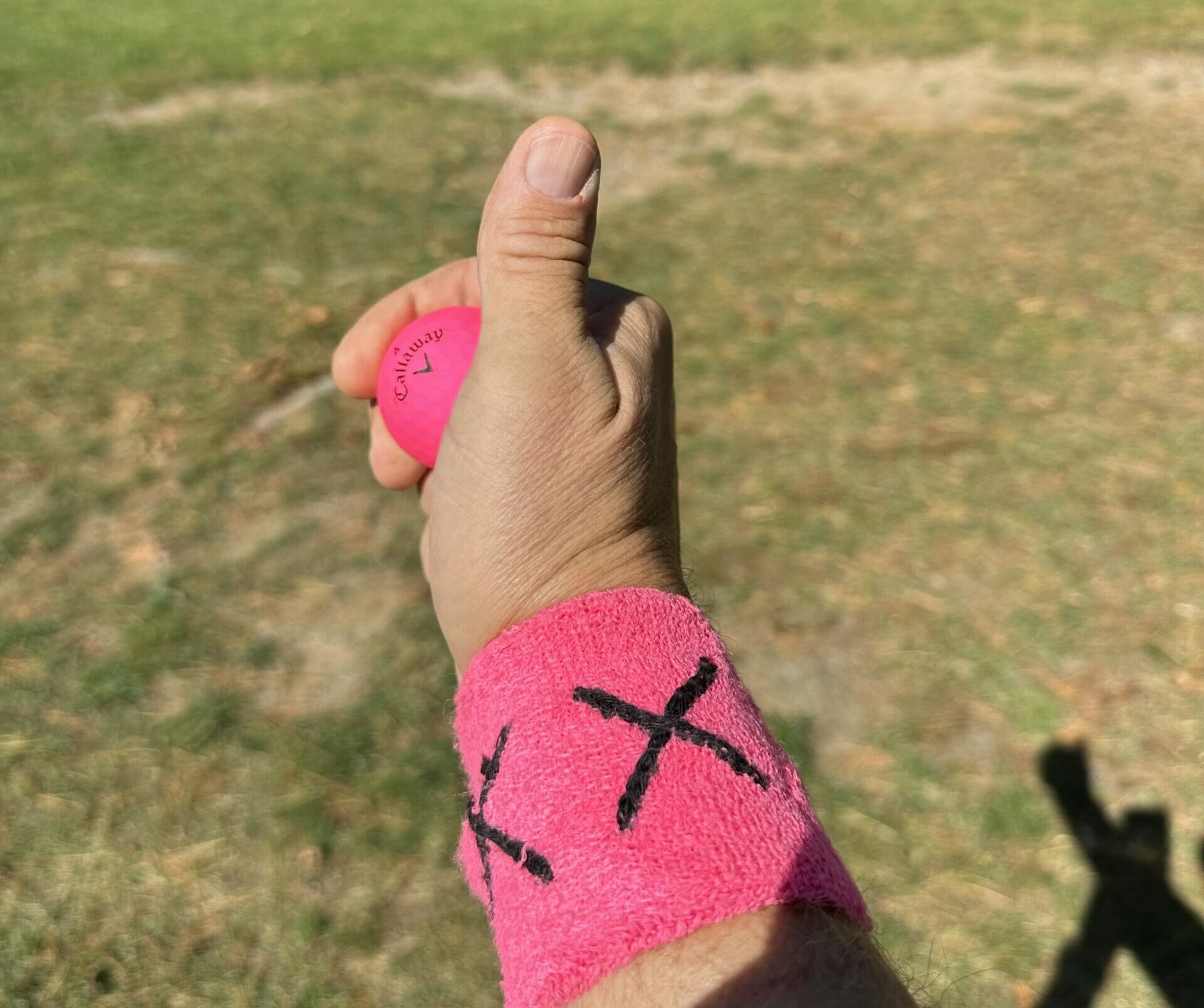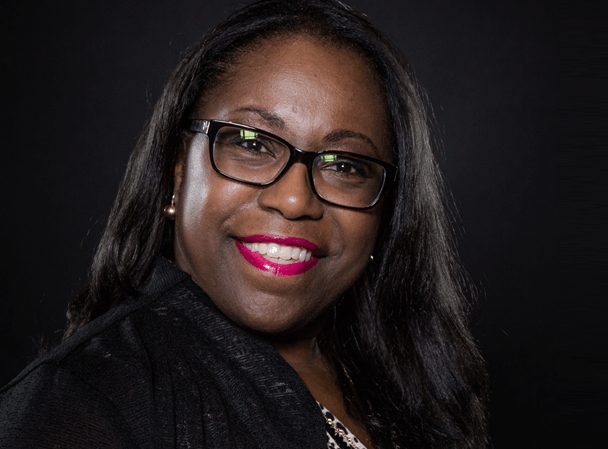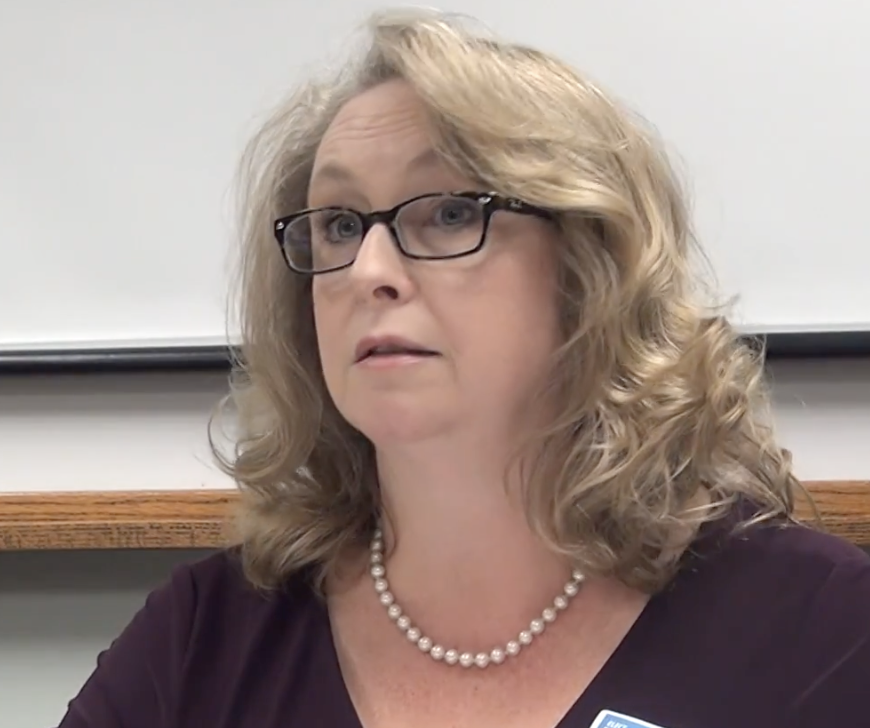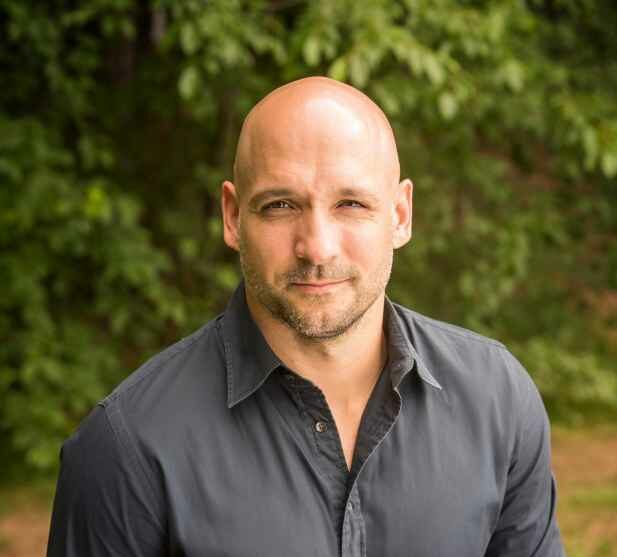Bow Parents Appeal Ruling as Civil Rights Investigation Looms

The Bow soccer parents booted from a game by school district officials for wearing pink, XX wristbands to protest biological males playing in girls’ sports are appealing their case.
Lawyers for Kyle Fellers, Anthony Foote, Nicole Foote, and Eldon Rash filed a notice of appeal with the First Circuit Court of Appeals in Boston. Last month, United States District Court Judge Steven McAuliffe denied their request for an injunction against Bow’s SAU 67, ruling the school has the right to block protests if it finds their message “demeaning and harassing.”
“The message generally ascribed to the XX symbol, in a context such as that presented here, can reasonably be understood as directly assaulting those who identify as transgender women,” McAuliffe wrote in his April ruling. “Because gender identities are characteristics of personal identity that are ‘unalterable or otherwise deeply rooted,’ the demeaning of which ‘strikes a person at the core of his being,’ and because Bow school authorities reasonably interpreted the symbols used by plaintiffs, in context, as conveying a demeaning and harassing message, they properly interceded to protect students from injuries likely to be suffered.”
As a result, Bow schools are free to allow Pride flags and symbols while forbidding the XX wristbands.
Even before the parents could file their appeal, McAuliffe’s ruling got a double-take from U.S. Attorney General Pam Bondi.
“I have asked my Civil Rights Division to examine this matter,” Bondi posted on Twitter/X. “This DOJ stands with women and their supportive parents.”
Bondi’s tweet was in response to a post from women’s sports activist Riley Gaines, who was commenting on NHJournal’s coverage of the Bow High School case.
“A federal judge just ruled that two fathers can’t wear pink wristbands that say ‘XX’ to silently protest male inclusion in women’s sports,” Gaines tweeted, with a link to the NHJournal article. “The judge said the female chromosomes, XX, are a ‘demeaning and harassing assertion.’”
It’s not clear if Bondi has yet pursued the matter beyond her initial tweet. There’s been no confirmation of any official action being underway against either Bow school officials or McAuliffe.
Fellers and Anthony Foote were kicked out of a game in September for engaging in a silent protest by wearing pink XX wristbands. The district then banned both from all games and after-school activities as a result of their protest. McAuliffe initially overturned the school’s ban on their attendance, but left in place the district’s prohibition on any form of protest.
The parents were protesting biological males playing during a game in which the Bow High School girls’ soccer team faced Plymouth High School’s team that featured transgender athlete Parker Tirrell. Tirrell garnered headlines for weeks before the game after successfully suing the state of New Hampshire over a law that bans biological boys from girls’ sports. Both Foote and Fellers claimed in court that they were not directing their protests at Tirrell.









